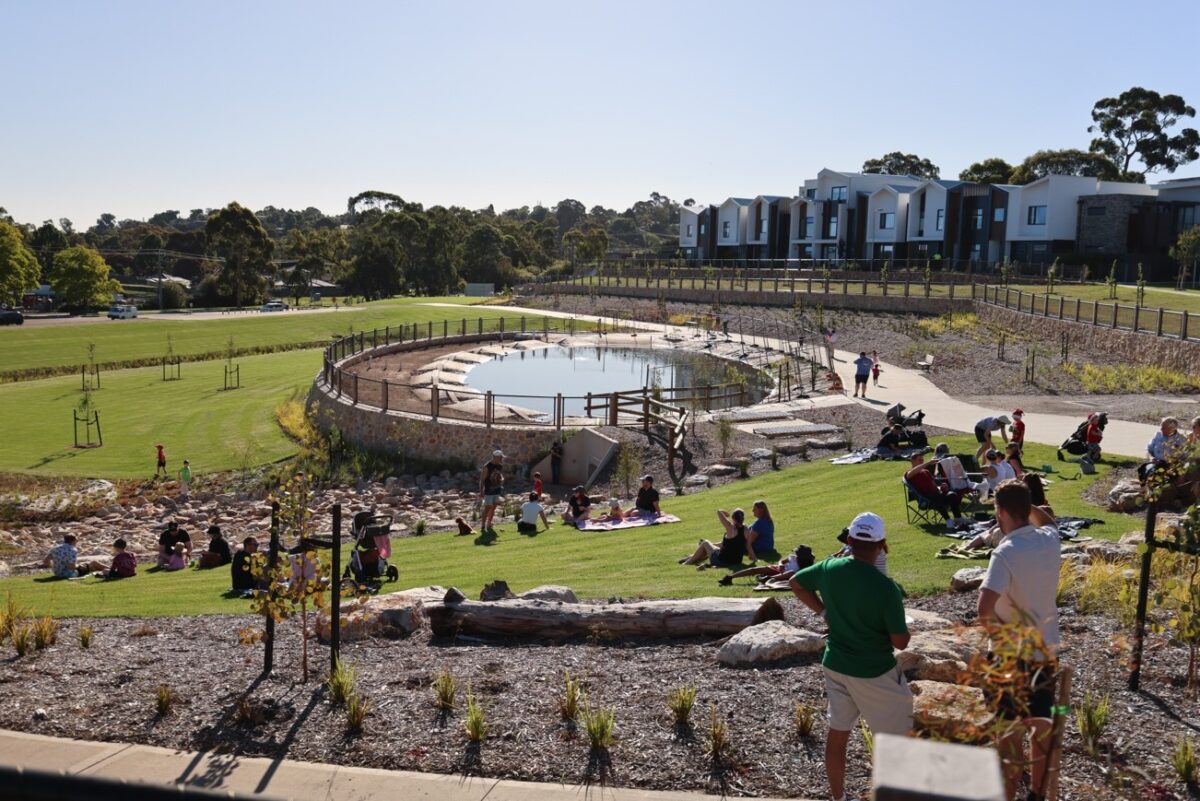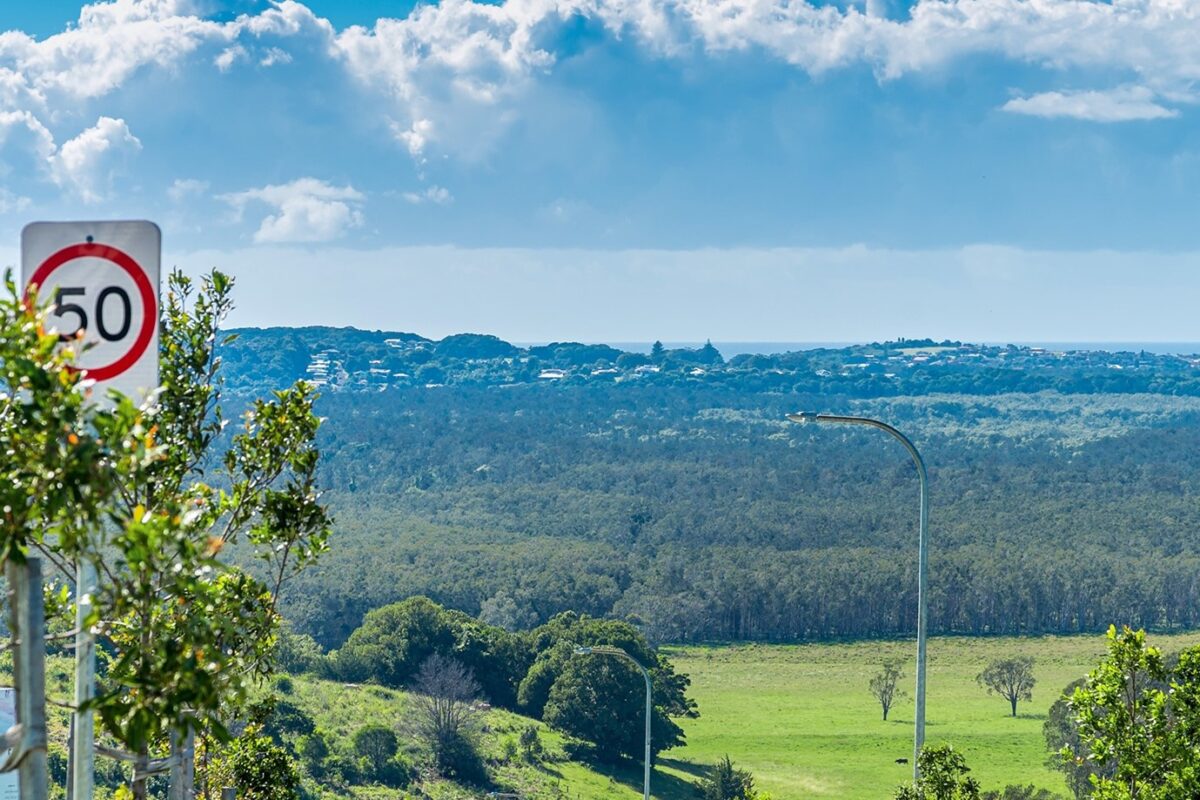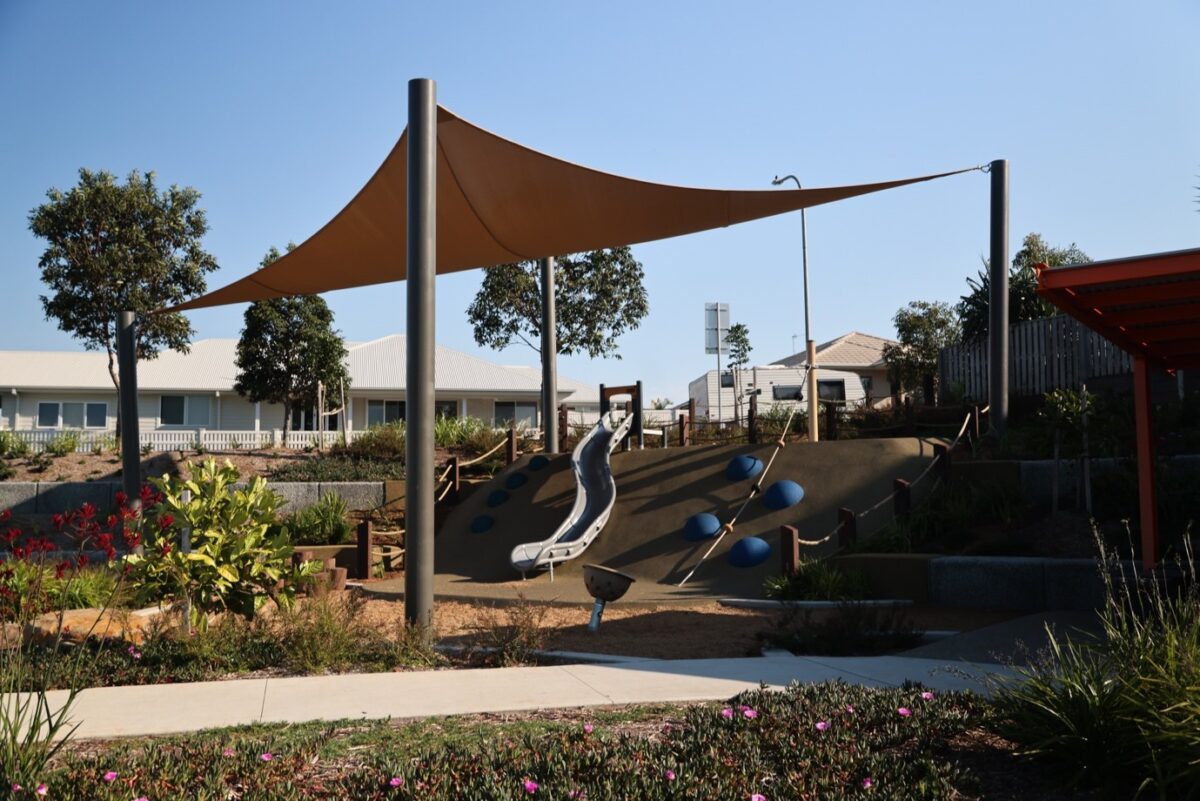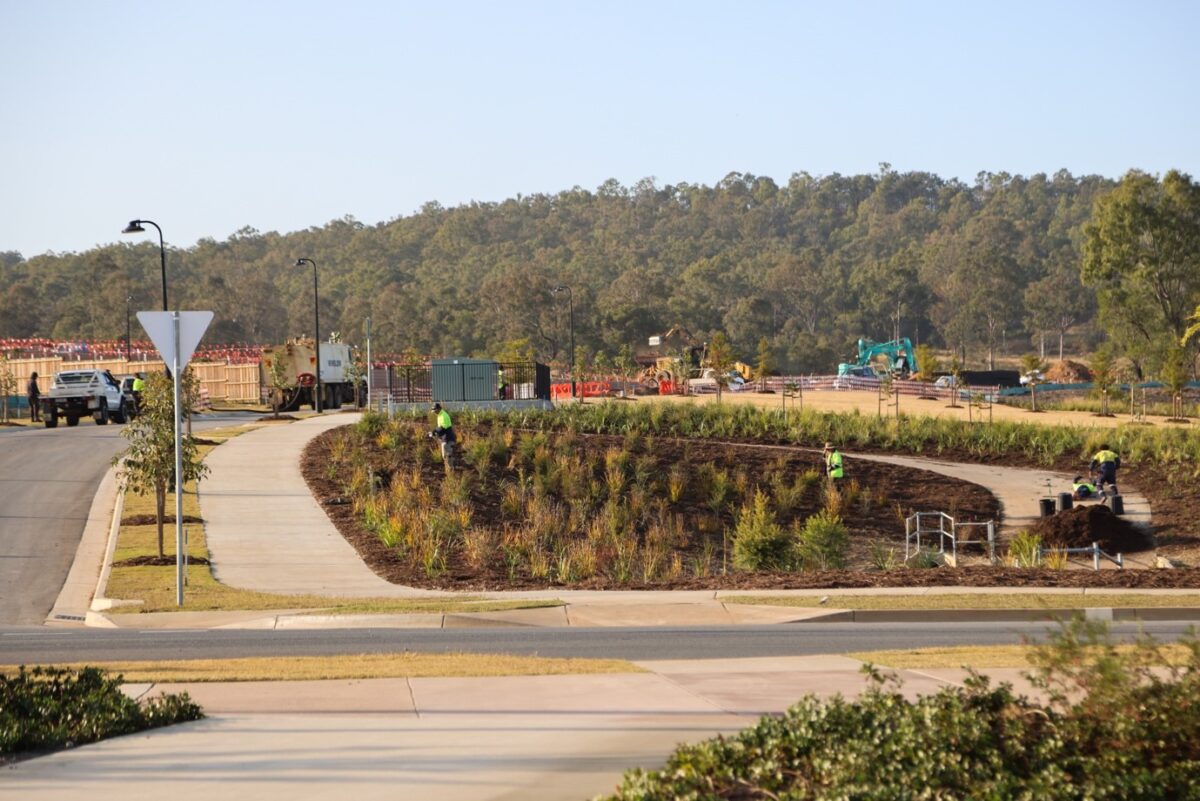
Kinley Estate Wetlands, Lilydale, VIC
At Intrapac, we design communities guided by strong Placemaking principles, thoughtfully shaped around human behaviour. By deeply understanding how residents will engage with their environment, we create spaces where people genuinely want to live.
A vital part of this vision is integrating dedicated greenspaces within our communities. From nature strip landscaping and sustainable water management to parks, playgrounds, and sports fields, every element is designed to enrich daily life.
Beyond enhancing health and well-being, greenspaces also strengthen community bonds by providing inviting places for residents to connect. In this article, we explore these principals and many other benefits these spaces bring.
Health & Wellbeing
Green spaces serve as hubs for community interaction and offer significant health benefits. By prioritising green spaces in Intrapac communities, we create natural, passive ways to enhance residents’ well-being.
These benefits include:
- Stress Reduction: Time spent in nature has been shown to lower cortisol (stress) levels and alleviate symptoms of anxiety and depression.
- Improved sleep: Reduced stress and anxiety from time spent within nature can contribute to longer and more restful sleep.
- Air Quality Improvement: Green spaces act as natural air filters, absorbing carbon dioxide from the atmosphere and releasing oxygen.
- Heat Island Effect: In dense urban areas such as cities, green spaces reduce heat retention in synthetic materials like concrete and asphalt, lowering overall temperatures.

Banyan Hill, Ballina, NSW
Property Value
Greenspaces have also been known to positively impact property values by meeting purchaser demand to live closer to nature.
According to one of the only Australian studies conducted in 2013 by CoreLogic and shared by the Property Council of Australia, a 5-7 per cent increase in home value was determined for properties that lay immediately adjacent to parks within Melbourne.

Banyan Hill Playground, Ballina, NSW
In higher-density areas like Sydney’s Eastern Suburbs, there is a strong correlation between access to green spaces and higher property prices. On an international scale, cities like London, with lower overall public green spaces, demonstrate high premiums for homes with private green spaces, such as backyards or gardens.
Banyan Hill playground, Ballina NSW
Functional, Sustainable Design
From the outset of a project, we take care to consider existing natural ecosystems, including local flora and fauna, when designing green spaces.
This includes ensuring sustainable landscaping practices such as the inclusion of natural stormwater management systems, and native and endemic plant species
From this point, we work to determine how to make community spaces functional to cater for the everyday lifestyles of the community’s residents.
We achieve this by including things like:
- Playgrounds, including water play zones for hot climates
- Open grassy lawns for recreational activities like sports or picnics
- Public amenities like toilets, BBQ areas, seating and shaded areas
- Other recreational areas such as multi-purpose sporting courts and fields

Whiterock Estate, White Rock, QLD
Whiterock: An Intrapac Case Study
As the eastern gateway of Queensland’s Ripley Valley, Whiterock Estate is uniquely positioned to take advantage of a bounty of natural resources.
White Rock – Spring Mountain conservation reserve borders the estate’s Eastern edge, spanning an impressive 2,500 hectares of protected land that has shaped the overall vision of the master-planned community.
Several key urban design features aimed at enhancing these existing assets include:
- Extension of White Rock Conservation Area with new walking trails connecting the community to the reserve
- The creation of a network of ‘green fingers’ including walking and cycle paths and featuring design elements that will assist in natural stormwater management
- A focus on the creation of walkable neighbourhoods that encourage community interaction with nature and reduce reliance on vehicles
You can learn more about the approach at Whiterock by reading our blog, ‘Preserving Whiterock: Exploring Connected Communities Inspired by Nature’.
Why It’s Important
As populations continue to grow, and more land is required to build affordable and sustainable housing for Australians, it’s never been more important to consider greenspace integration.
By ensuring that we find ways to implement these practices within our communities, we can provide our future residents with a place to live, without compromising on their connection to the natural world.
Learn more about the Intrapac difference by exploring our website further here.
